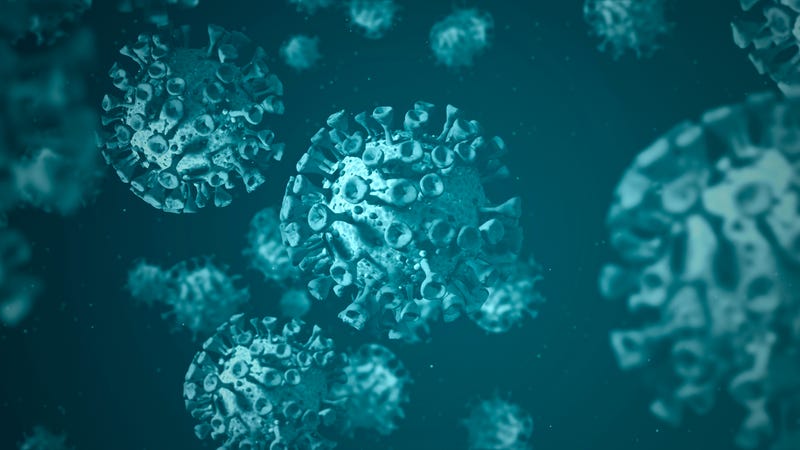
Once you've been fully vaccinated against COVID-19, your antibody counts will wane in the months after completing your series.
That’s not necessarily a bad thing.

"There's this intense competition in the immune response so only the best antibodies, and the cells that produce those best antibodies, survive," Deepta Bhattacharya, an immunology professor at the University of Arizona College of Medicine, told KCBS Radio's Holly Quan and Matt Bigler during Wednesday's "Ask An Expert" segment.
"So even though you see this sharp decline in the amounts and levels of your antibodies, that doesn't necessarily mean waning immunity," he added. "It just means that the antibodies you're producing are getting more efficient at protecting you."
Bhattacharya said the antibodies the body produces early on in the immune response are a lot like a stamp that's yet to be licked. Just as such a stamp would struggle to stick to an envelope, those antibodies don't stick well to virus cells.
But antibody-producing cells then start to mutate – "more or less at random," Bhattacharya explained – and those cells diversify.
"(There's) this bloodthirsty competition between all of these cells to see which of these mutations actually helped and made those antibodies stick more tightly to the virus," Bhattacharya continued. "It's only those cells that are allowed to survive, and then they can stick around for a long time, continuing to protect you, spitting out those antibodies."
Bhattacharya told the Atlantic last month the early antibodies are “really crappy” at their jobs, even though there are more of them. But after the cells are done competing and helpful mutation has stuck, Bhattacharya noted "you're left with some really high-quality memory B cells" that are able to effectively fight the virus.
If those cells are introduced to the vaccine, a booster or even the virus itself, Bhattacharya said those cells "generate a ton of really high-quality antibodies."
"It's only those cells that are allowed to survive, and then they can stick around for a long time, continuing to protect you, spitting out those antibodies," he said.
LISTEN on the Audacy App
Sign Up and Follow Audacy
Facebook | Twitter | Instagram